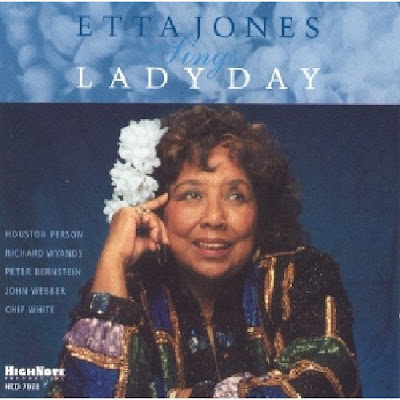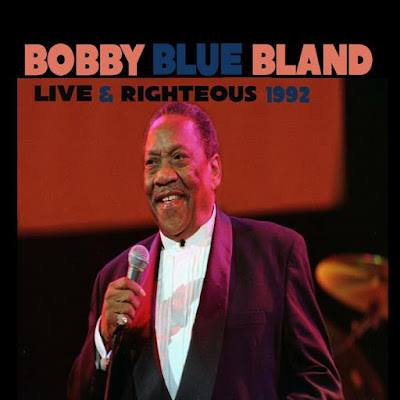There really isn't much new to say about the music here. The Nighthawks are a terrific working band which can be heard in these unplugged performance whether Wenner's lead off on a brisk-paced take on Jimmy Roger's "Rock This House," followed by some back porch twang on the old patsy Cline classic "Walkin' After Midnight." Bell's chording and single note fills are marvelous embellishments as Castle and Stutso keep a relaxed groove. It is fascinating to listen to Bell play acoustically on the Ike Turner and Rhythm Kings' "Matchbox," which features some nice singing from Stutso who also delivers a nice original with a swamp pop tinge, "Down To My Last Million Tears."
Bell's guitar supplies a rockabilly touch to the rendition of a Willie Dixon song recorded by Muddy Waters' "Tiger In Your Tank," while a similar feel is heard on Castle's "Jana Lee" whose melody evokes the cajun-rock hit "Sugar Bee." Muddy Waters' classic take on the "Catfish Blues" theme, "Rollin' Stone" receives a straight interpretation while Wenner also plays homage to Lightnin' Slim on an easy rocking cover of "Rooster Blues." There is more fine guitar and harmonica throughout along with the clean, crisp rhythm. "Back Porch Party" is another welcome addition to The Nighthawks body of recordings and a worthy successor to their previous unplugged recording.
I received my review copy from a publicist. This review originally appeared in the May-June 2015 Jazz & Blues Report (Issue 360). Here is a video of The Nighthawks. It is not unplugged but is of a song associated with Muddy Waters.










 \
\









